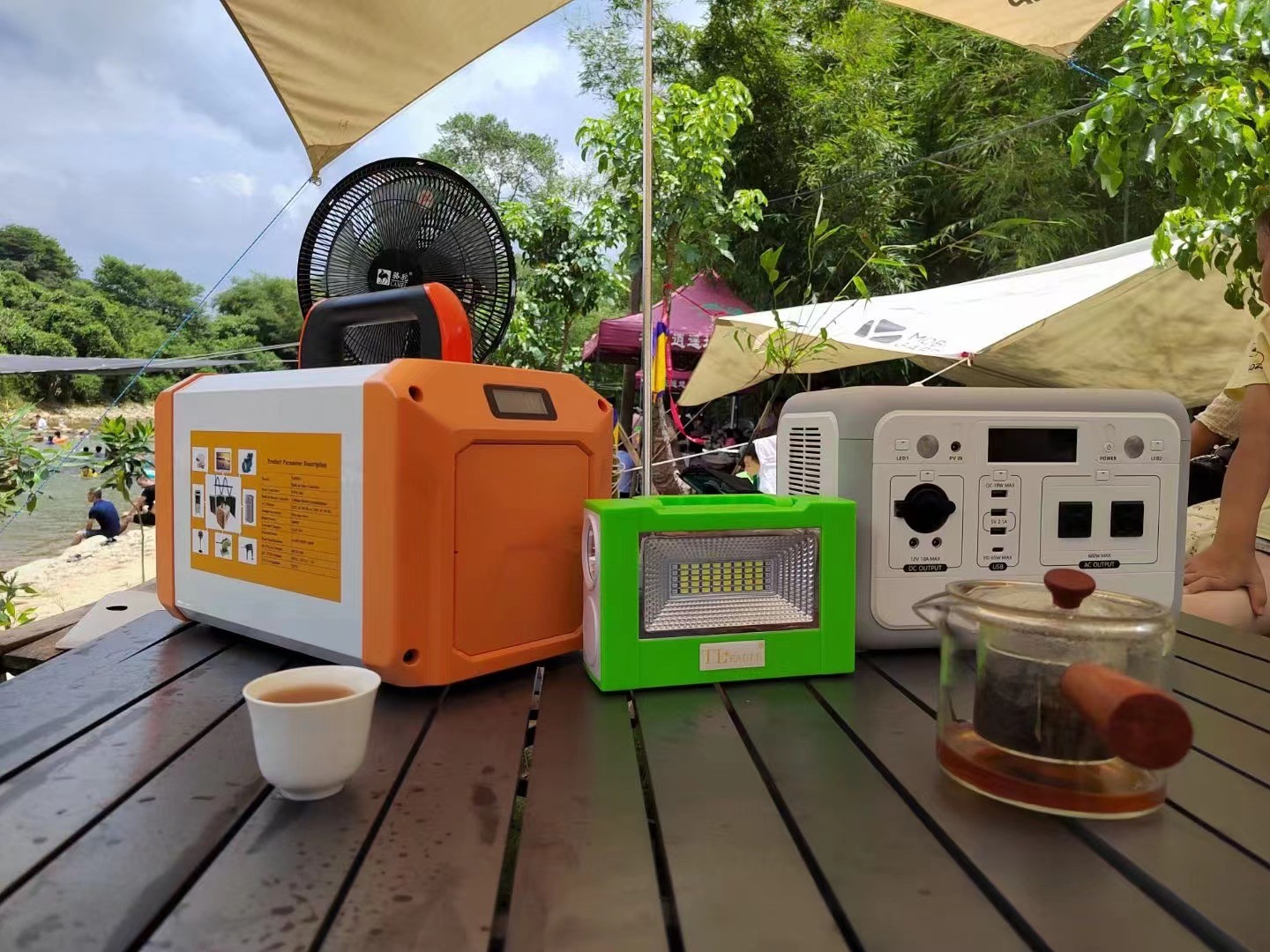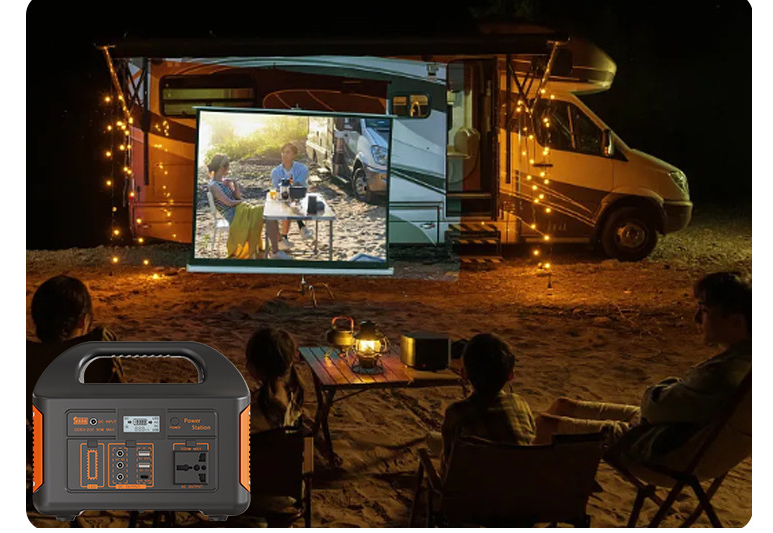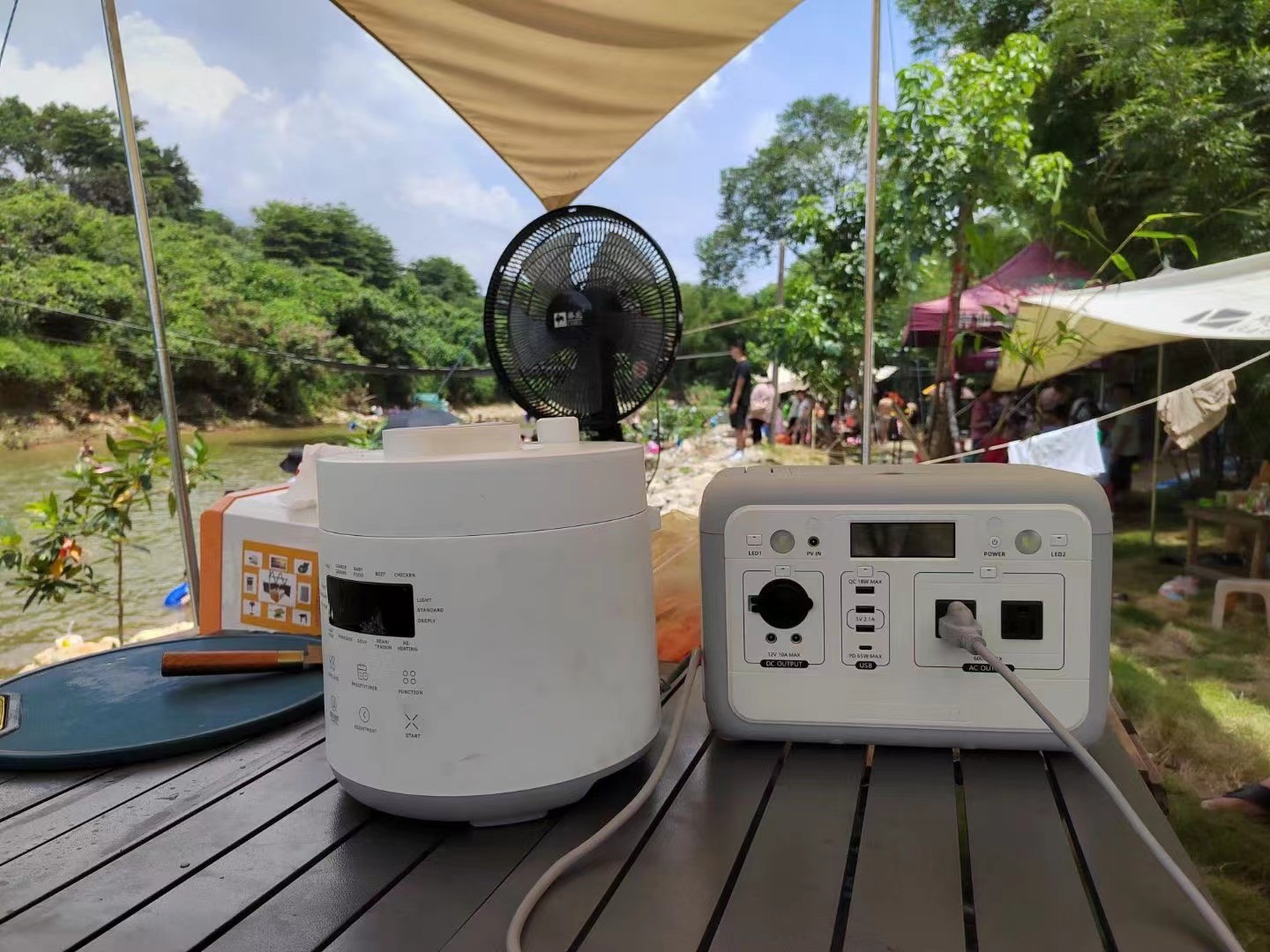1. FCC certification: If the product has a wireless charging function, FCC-ID certification is required; if it is only a common function, FCC-SDOC certification is required4. FCC certification is mainly aimed at the electromagnetic compatibility of the product, including tests on items such as conducted interference and radiated interference. Radiated interference in the frequency range of 0MHz to 1GHz is detected.
2. CE certification: CE certification is a mandatory EU regulation and a pass to enter the EU market5. Including LVD (Low Voltage Directive) and EMC (Electromagnetic Compatibility) certification to ensure that the product complies with EU standards in terms of safety and electromagnetic compatibility4. If it has a wireless charging function, CE-RED certification is also required.
3. MSDS certification: MSDS is a material safety data sheet. It is not a certification in the strict sense, but a comprehensive document on the composition information, physical and chemical properties, toxicity, health hazards, safe use methods, emergency measures, etc. of portable energy storage power supplies. During transportation, storage and use, relevant personnel can understand the potential hazards of the product through MSDS and take corresponding protective measures to ensure personnel safety and environmental safety.
4. RoHS certification 1: RoHS is a mandatory standard established by EU legislation. Its full name is "Directive on the Restriction of the Use of Certain Hazardous Substances in Electrical and Electronic Equipment". The standard aims to eliminate six substances, including lead, mercury, cadmium, hexavalent chromium, polybrominated biphenyls and polybrominated diphenyl ethers, in electrical and electronic products, and specifically stipulates that the lead content cannot exceed 0.1%.
5. UL certification 2: UL certification is a certification issued by the American Safety Laboratory (UL). Common UL standards for energy storage batteries include UL2743, UL1973, etc. UL2743 certification is mainly for energy storage power supplies and mobile chargers. It requires that the product contains one or more batteries (lead-acid batteries or lithium-ion batteries), has one or more inputs and outputs, and exceeds 24V. At the same time, it stipulates that products within the scope of UL2056 are not within the scope of this standard. Passing UL certification can prove that the product meets international safety and performance standards.
6. Ocean transport certification: The ocean transport of portable power stations usually needs to consider UN38.3 certification and related dangerous goods transportation regulations. UN38.3 certification is part 3, clause 38.3 of the United Nations Manual of Tests and Criteria for the Transport of Dangerous Goods, which is specially formulated by the United Nations for the transportation of dangerous goods. It is a mandatory test to ensure that lithium batteries can be safely transported by sea and other means of transportation3.



